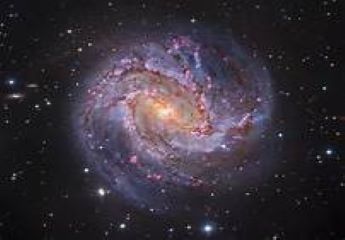Sequence of Tenses Part II

日本語は大まかな状況を説明しているだけで詳細な訳ではありません 。
時制の一致パートIで4つのルールを見てきましたがここではルールが当てはまらない例外を見ていきます。
1. General truth, plain facts:
不変の真理、常識的事実:
The teacher taught us (that) the earth is round like a ball.
(is, not was)
地球はボールのように丸いと先生に教わった。
We learned in school (that) two times three is six.
(is, not was)
2x3は6だと学校で習った。
He said (that) light travels faster than sound.
(travels, not traveled)
光は音よりも早いと彼は言った。
People in those days didn’t know lightning is a form of electricity.
(is, not was)
当時の人々は雷が電気だとは知らなかった。
The teacher showed us that water boils at 100 degrees Celsius.
(boils, not boiled)
先生は水が100度で沸騰する事を(実験で)示した。
As a young child I read in a science book that caterpillars turn into butterflies.
(turn, not turned)
私は小さい頃、毛虫が蝶になると科学の本で読んだ。
2. Historical facts:
歴史的事実:
My history teacher taught us (that) the war ended in 1945.
(ended, not had ended)
1945年に戦争が終わったとわたしの歴史の先生に教わった。
I didn’t know (that) the Ryukyu Kingdom lasted for 500 years.
(lasted, not had lasted)
私は琉球王国が500年続いたとは知らなかった。
I read in a history book that the United States declared independence in 1776.
(declared, not had declared)
私は アメリカは1776年に独立宣言したと歴史の本で読んだ。
I learned in school that Okinawa was returned to Japan in 1972.
(was returned, not had been returned)
私は1972年に沖縄は日本に返還されたと学校で学んだ。
We were taught in school (that) Tokugawa was the first Shogun to unite Japan.
(was, not had been)
私たちはは日本を最初に統一したのは徳川将軍だと学校で教わった。
We learned in school that Columbus discovered America in 1492.
(discovered, not had discovered)
私たちは1492年にコロンブスがアメリカを発見したと学校で学んだ。
3. Past habits, events, facts that are still true today:
今も続く過去の習慣・状況・出来事・事実:
He told us (that) his school begins at eight thirty.
(begins, not began)
彼は学校は8時半に始まると私たちに言った(告げた)。
We were told (that) the police are still looking for him.
(are looking, not were looking)
私たちは警察がまだ彼を探していると言われた。
She said (that) she walks to school every day.
(walks, not walked)
彼女は毎日歩いて通学すると言った。
It was reported to the police (that) the car is still missing.
(is missing, not was missing)
車はまだ見つかってないと警察に届け出があった。
We knew (that) he lives in Boston.
(lives, not lived)
彼がボストンに住んでる事を我々は知っていた。
She learned (that) Children’s Day is held on May 5th in Japan.
(is held, not was held)
日本では子供の日が5月5日である事を彼女は知った。